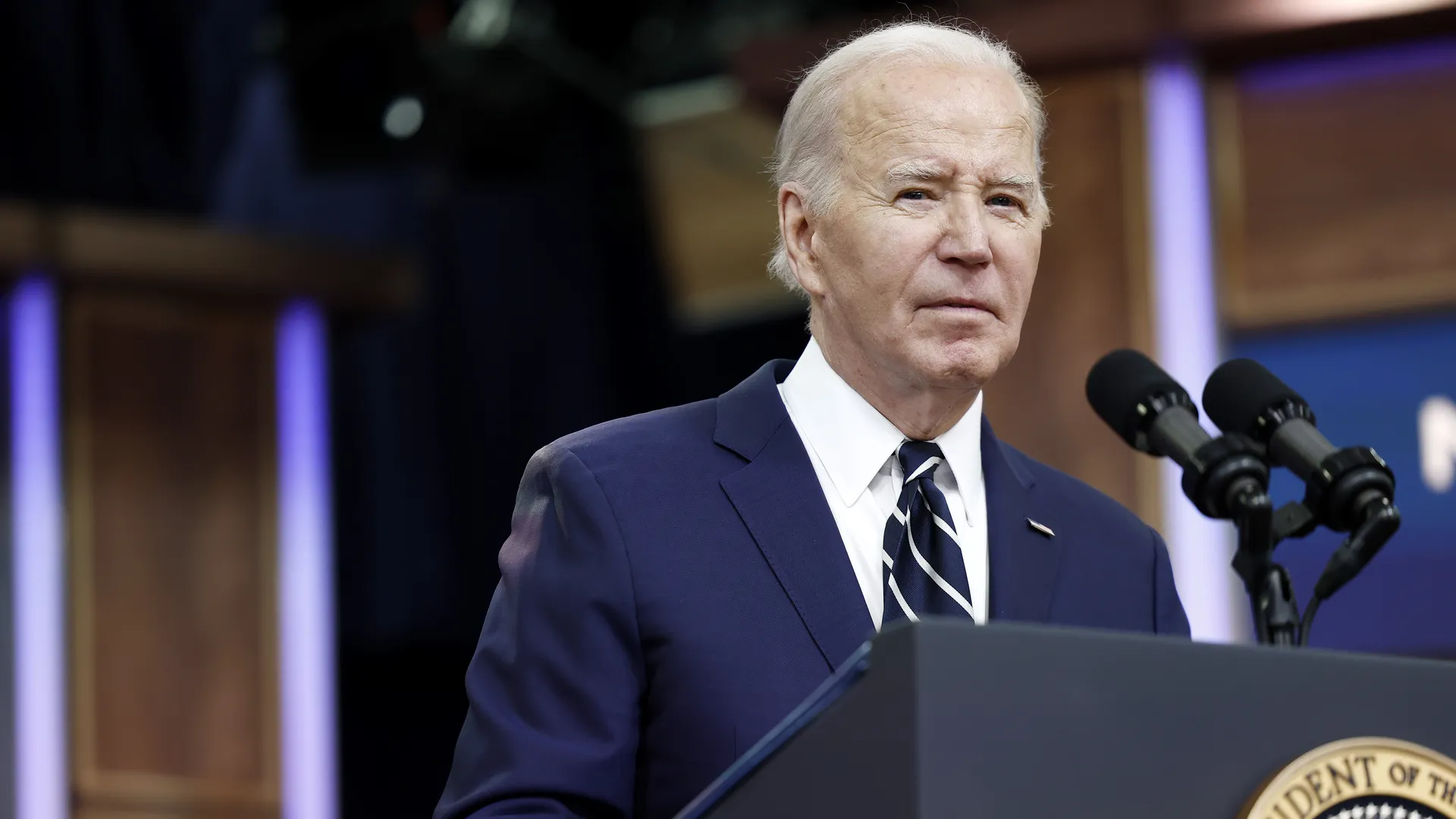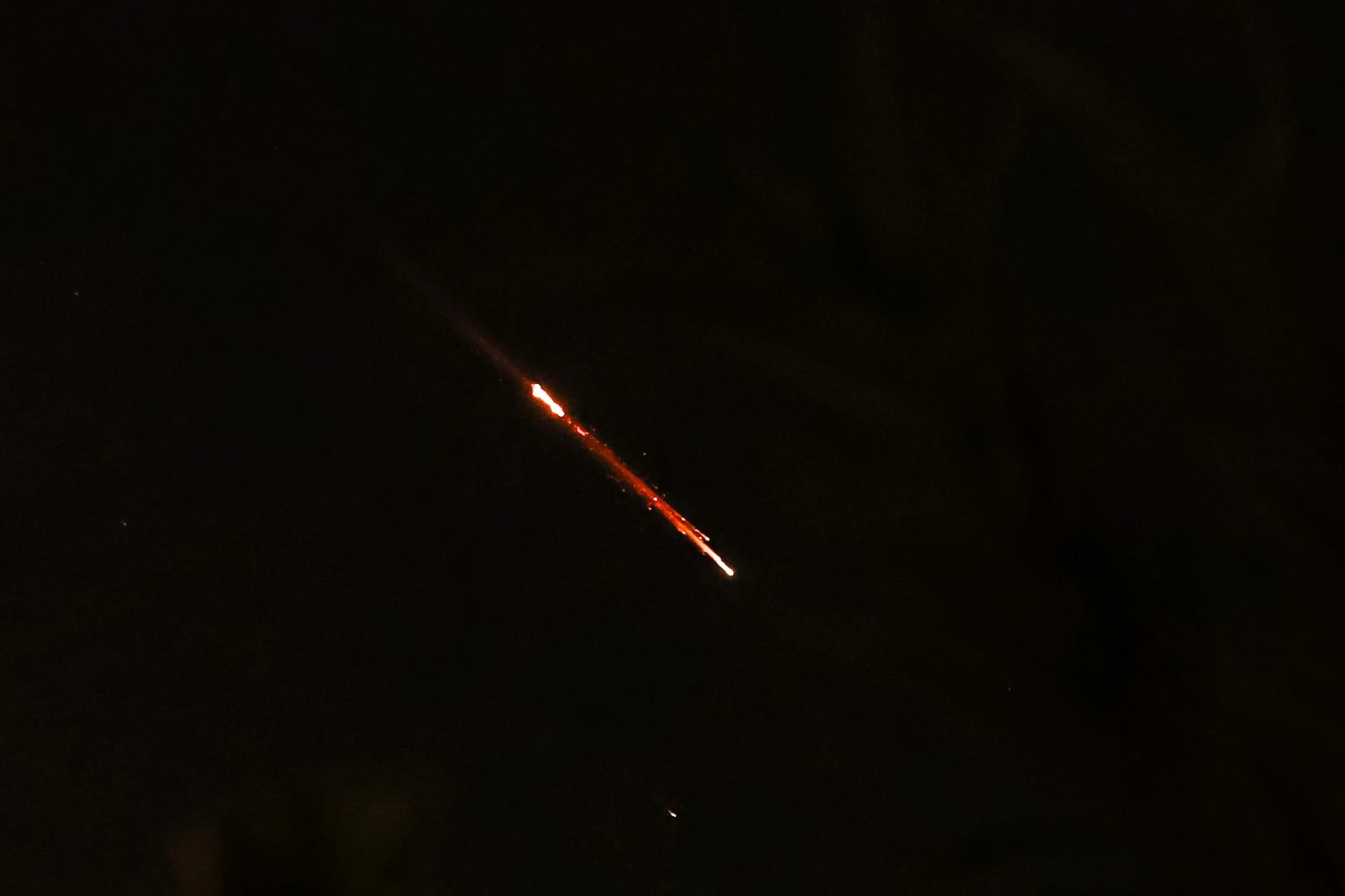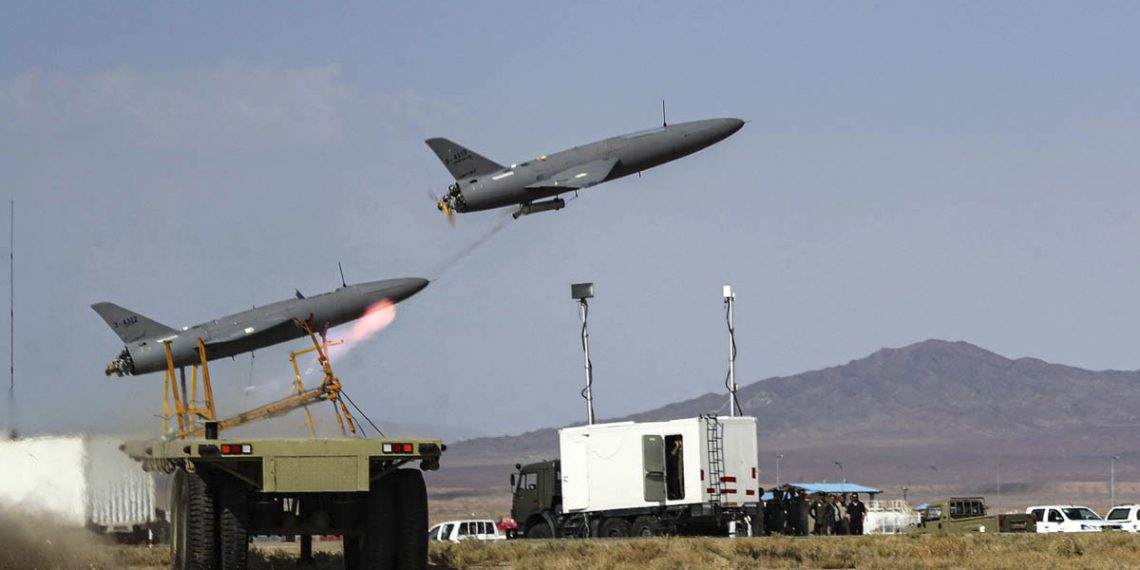The United States and Britain escalated sanctions against Iran following its recent attack on Israel. US President Joe Biden affirmed coordinated action with G7 allies to increase economic pressure on Tehran.
These measures come in response to the April 13 missile and drone strike on Israel, which the US and its allies helped repel.
In a joint effort, the US and UK announced sanctions targeting Iran’s unmanned aerial vehicle (UAV) production.

These sanctions specifically target entities associated with Iran’s Islamic Revolutionary Guard Corps, Defense Ministry, and missile and drone programs responsible for the assault.
Britain’s Foreign Secretary David Cameron condemned Iran’s actions as “unacceptable” and emphasized solidarity with Israel in addressing Iran’s aggression.
The US Treasury Department designated 16 individuals and two entities linked to Iran’s UAV production, focusing on engine types powering Iran’s Shahed variant UAVs used in the attack.
Moreover, the Treasury sanctioned five companies providing materials for steel production to Iran’s Khuzestan Steel Company and three subsidiaries of Iranian automaker Bahman Group for supporting the Revolutionary Guard Corps.
Simultaneously, the US Commerce Department tightened restrictions on Iran’s access to low-level technology, requiring licenses for export or re-export, including items made abroad with US technology.

Britain imposed sanctions on seven individuals and six entities, including the Armed Forces General Staff and the Revolutionary Guard Corps Navy, reinforcing measures against Iran’s aggressive behavior.
The move follows EU leaders’ decision to heighten sanctions against Iran after the attack on Israel raised concerns about broader Middle East conflict escalation.
These sanctions underscore international condemnation of Iran’s actions and collective efforts to curb its destabilizing behavior.





